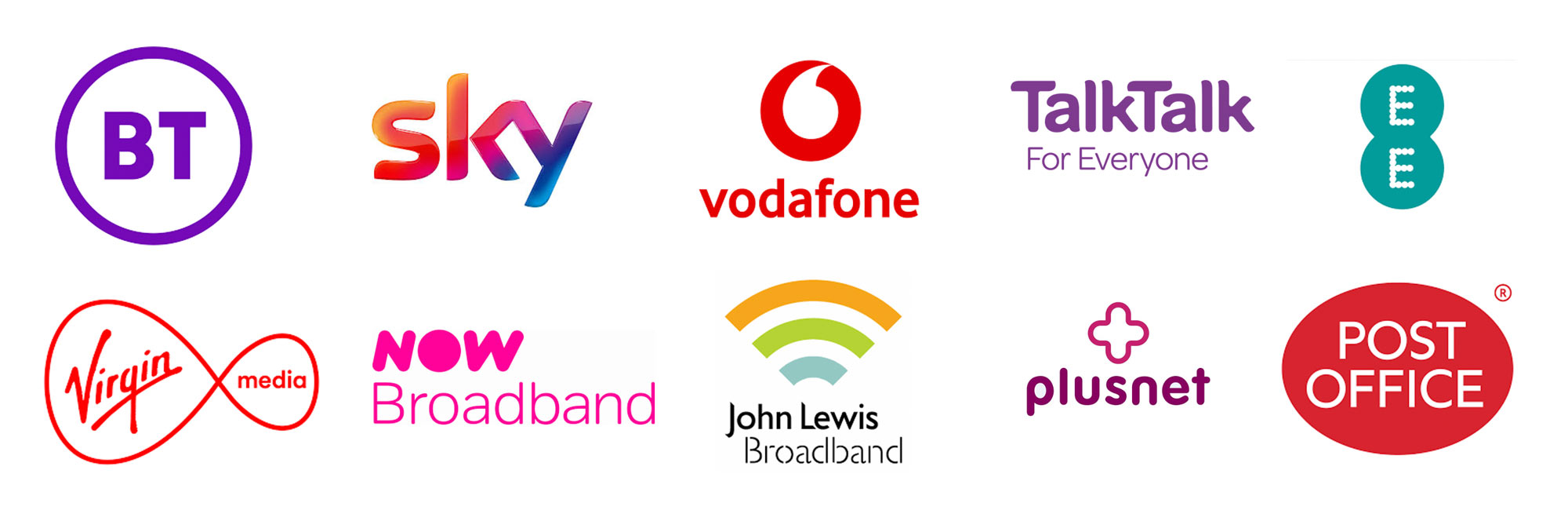
Apologies if this article sounds a bit like a Martin Lewis TV rant, but if you are outside your broadband contract – and some 41% of broadband users are, according to Ofcom – then you could improve broadband speeds and/or save money by re-contracting with your existing supplier or switching broadband providers. However, if you’re looking for us to be like the many price comparison sites online, you’re in for a disappointment. Our advice is to dump price comparison sites, as most could lead to opting for a worse broadband service.
It can a pain keeping track of contract dates for utilities and it is easy to forget how many months have elapsed since you entered into a contract with your broadband provider. However, the stark reality is that many broadband providers prioritise new sign-ups over existing customers with tempting offers. It just doesn’t make financial sense doing nothing with your broadband service when you are no longer in contract.
It can make financial sense to re-contract or switch broadband providers
We strongly recommend that you check the status of your broadband service as you may find that you are no longer in contract. You certainly won’t be alone. In its recent report ‘A Review of Pricing Practices in Fixed Broadband’, Ofcom analysed over 20 million customer records to get a detailed understanding of prices paid by broadband customers. Ofcom found there are around 8.8 million out-of-contract broadband customers in the UK. Of these, 3.3 million have been out-of-contract for more than two years!
Broadband is not like water or electricity like some sites would suggest, and there are significant differences between broadband providers in terms of performance and customer service. However, you don’t have to switch to an inferior broadband provider to save money. You can stay with your existing provider if you wish. The Ofcom report showed that those who engage, either by signing a new contract with their provider (re-contracting) or switching to a new provider, get better deals than those who remain out-of-contract. It found that customers who sign a contract with their existing provider typically pay £8 to £9 less than if they were out-of-contract.
Avoid price comparison sites and do your own research
We strongly advise you to avoid websites that are glorified affiliate marketing schemes, and do your own research. The Internet is currently awash with broadband price comparison sites, which present a narrow range of broadband providers that have been selected based on the payments they make to the websites concerned. While price comparison sites may be useful for utilities that have essentially the same product (e.g. electricity), they are far less useful where there are significant differences (as in the case of broadband).
Do not base comparison on cost alone, and consider other critical aspects to you (which are not usually mentioned on price comparison sites). These may include:
- the quality of customer service and support (if you develop a line problem, for example)
- the performance and quality of the supplied hub/router (for example, in terms of WiFi range and performance)
- specific limitations on download and upload speeds
- specific limitations on monthly usage
- performance issues (e.g. slowdowns at peak times).
If you are happy with your current broadband provider, do not switch unnecessarily. You may well be able to save money simply by re-contracting with your existing provider.
Other pages you may be interested in:
Blog | Increase Broadband Speed Guide | Test Your Speed With Our Speed Test
